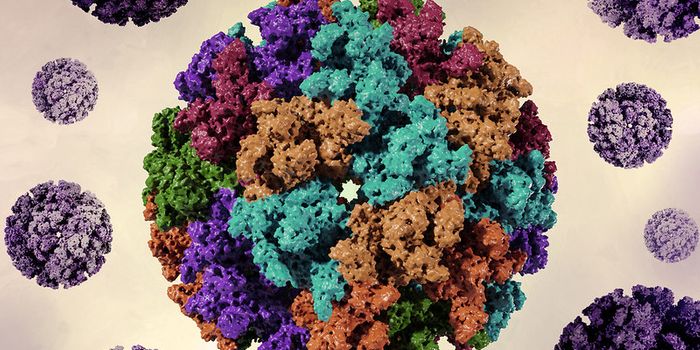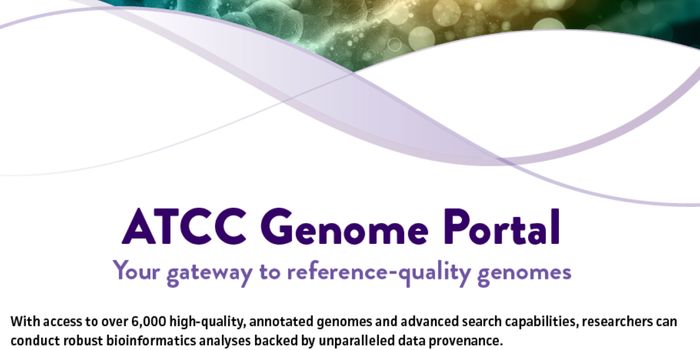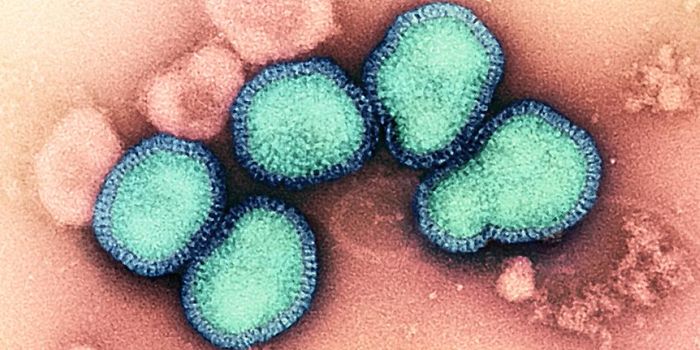Worldwide COVID Cases are Rising as a New Variant Spreads
After reviewing data from surveillance sites and reported to the Global Influenza Surveillance and Response System (GISRS), the World Health Organization (WHO),, has warned that the activity of SARS-CoV-2, the virus that causes COVID-19, is rising globally. The test positivity rate is about 11%. Experts have noted, however, that most people are no longer testing so it is likely that there are more infected people than we know right now.
SARS-CoV-2 has still not developed any kind of seasonal pattern, WHO said, and increases in positivity rates right now are also consistent with rising rates seen at this time last year.
Right now, the JN.1 and LP.8.1 strains are still dominant (at 50.7% and 30.8%, respectively as of May 30, 2025) but rates of infection with these variants are declining, while a novel variant called NB.1.8.1 (20.2% as of May 30, 2025) is rising. The NB.1.8.1 variant was first identified in January 2025, and it comes from the XDV.1.5.1 variant, which is itself a descendent of the Omicron variant known as JN.1. This new variant seems to cause the same symptoms as other strains: fever, cough, sore throat, fatigue, headache, and gastrointestinal distress.
An analysis of the genetic sequence of NB.1.8.1 has indicated that it may be particularly transmissible compared to other variants.
WHO also noted that COVID-19 vaccine uptake remains abysmally low.In the European region, it is only about 5.1% among older adults, and just 3.6% among that same group in the Region of the Americas. In other regions, that rate is as low as 0.5%. This is notable because age is a serious risk factor for more severe COVID-19, and vaccination remains one of the few ways to reduce the risk of severe COVID-19.
The vaccines that were designed for JN.1 or KP.2 continue to provide effective protection against current lineages of the virus. People who are at risk for severe COVID-19 should consider getting a vaccine now, WHO added.
The statement emphasized that the "global public health risk associated with COVID-19 remains high." But, there is less risk to the general public than in previous years, since much of the pop[ulation has now built up some immunity to COVID-19, whether through infection or immunization; the variants that are circulating now do not appear to cause more severe symptoms than previous Omicron variants; and clinicians know more now about how to help patients with serious infections.
Long COVID remains a risk, howver, and vaccination can also reduce the likelihood of long COVID.
Sources: CovSpectrum, WHO









